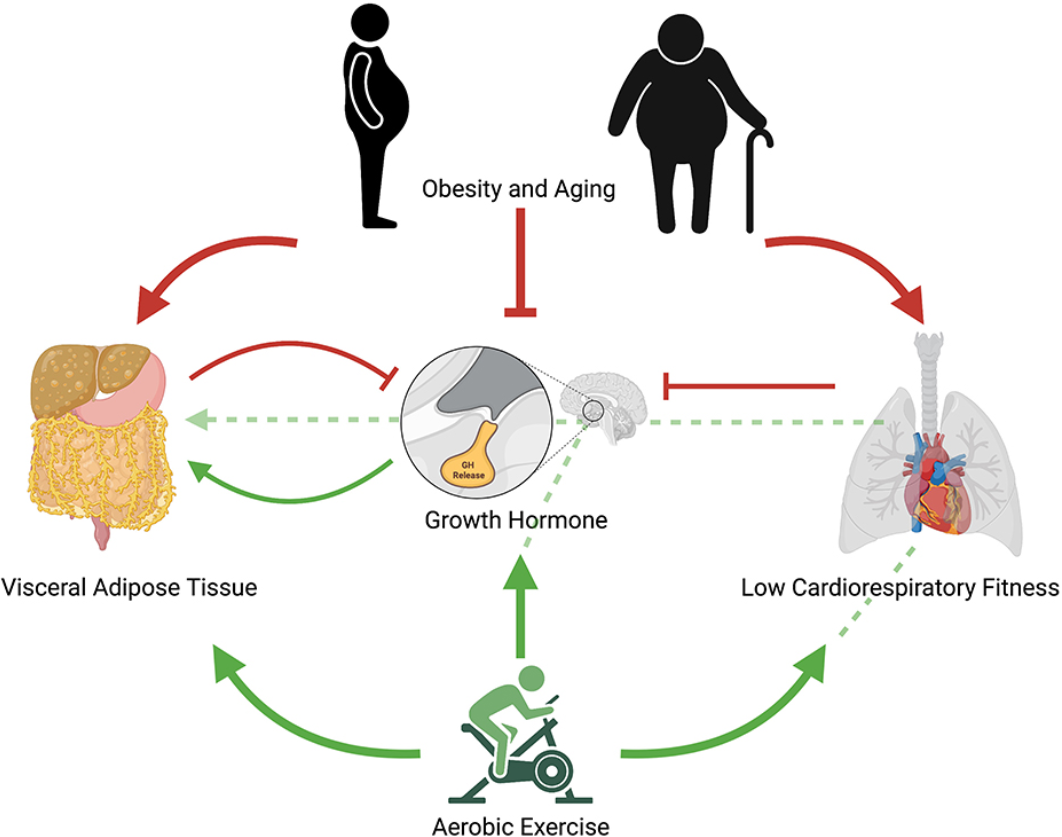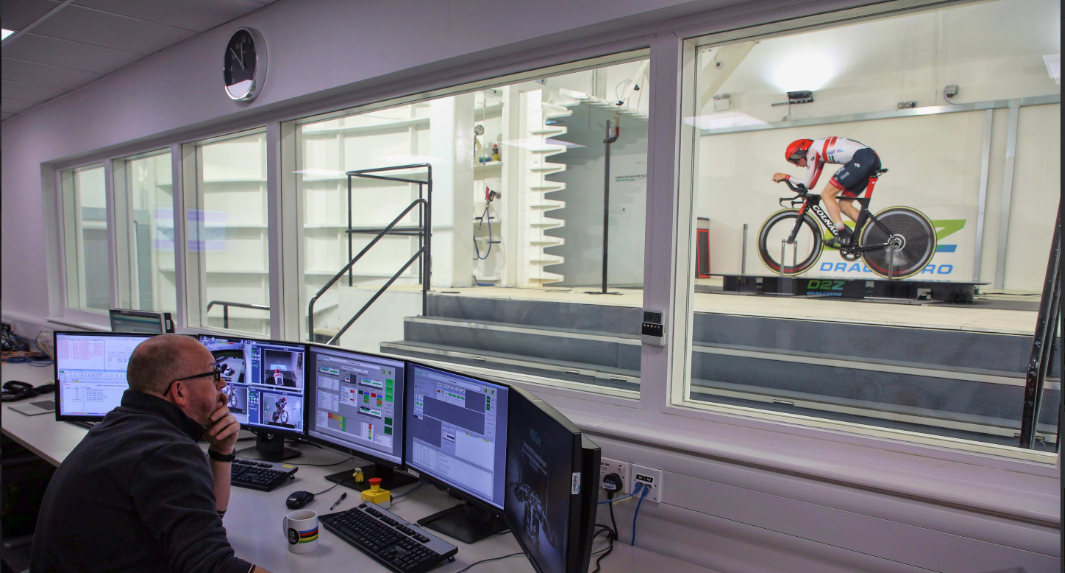Your cart is currently empty!

Preventive Healthcare: The Importance of Medical Surveys at a Young Age
Dear Folks, Today, I want to discuss the importance of undergoing a medical survey at a young age. By ‘young age,’ I mean ages 17-18, before military service. I strongly believe it is necessary for various reasons. In my practice as a sports exercise physiologist, I have encountered some clients with health issues that are…

Dear Folks,
Today, I want to discuss the importance of undergoing a medical survey at a young age. By ‘young age,’ I mean ages 17-18, before military service.
I strongly believe it is necessary for various reasons. In my practice as a sports exercise physiologist, I have encountered some clients with health issues that are considered congenital, and in some cases, congenital heart defects.
Thus the primary reason of complex medical survey at a young age is prevention. Preventive healthcare is a critical aspect of modern medicine because it helps detect potential health issues before they become problematic. Regular medical surveys can identify risk factors and diseases in their early stages, making treatment more manageable and less intrusive.
Young people, despite their apparent health and vitality, are not exempt from health risks. Chronic conditions such as obesity, diabetes, and heart disease can start to develop in childhood and adolescence. Early detection through medical surveys can enable swift intervention and lifestyle changes that can prevent these conditions from becoming severe later in life.
Another reason for conducting medical surveys at a young age is to establish a health baseline. This baseline can serve as a reference point for future health assessments. Any significant deviations from it can signal potential health issues that need further investigation.
Medical surveys can also promote healthy behaviors from an early age. These surveys often involve discussions about nutrition, physical activity, and other lifestyle factors. Such conversations can encourage young people to adopt healthier habits, which can have a long-term positive impact on their health.
Moreover, medical surveys can help children and adolescents feel more engaged in their healthcare. It gives them an opportunity to ask questions and express any concerns they might have about their health. This engagement can foster a sense of responsibility and make young people more proactive about their health as they grow older.
Finally, regular medical surveys can build a strong relationship between the healthcare provider and the patient. This relationship can make young people feel more comfortable seeking medical help when they need it.
It also allows healthcare providers to better understand their patients’ health histories, which can improve the quality of care they provide. In conclusion, conducting medical surveys at a young age is a proactive approach to healthcare that can have significant benefits.
It helps prevent diseases, promotes healthy behaviors, makes young people more engaged in their healthcare, and improves the patient-healthcare provider relationship. Therefore, it’s a necessary aspect of maintaining and promoting health from an early age.
Therefore, let’s take control of our health from a young age, say yes to an active lifestyle, and no to bad habits.
Stay healthy and stay tuned!



